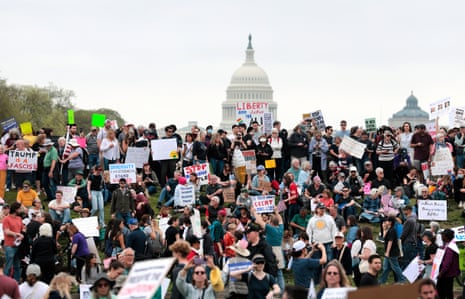Law often evolves at a deliberate pace, but there are moments when the present becomes the future in a single ruling or reform. These decisive shifts ripple across societies, altering rights, responsibilities, and the very foundations of governance. The spotlight shines brightly now on Historic legal events today, as courts and legislatures around the globe redefine what justice means for this generation.

Landmark Decisions Shaping Society
One of the most striking realities in modern jurisprudence is that a single decision can ignite profound societal transformation. Constitutional courts in several nations are addressing questions of digital privacy, environmental responsibility, and global trade accountability. These rulings are more than legal texts; they are frameworks that govern how billions will live and interact. Citizens, corporations, and governments alike are watching these major legal events making history unfold, knowing that precedent once set cannot be easily undone.
Take, for instance, the growing number of rulings on climate litigation. Courts are being asked whether governments have a constitutional duty to safeguard the environment for future generations. The legal recognition of climate responsibility represents a revolutionary turn, weaving ecological stewardship into the very concept of human rights. This is not simply law in action but a redefinition of duty and accountability in the twenty-first century.
Expanding the Scope of Rights
Equally important are the debates surrounding digital freedoms. With artificial intelligence, mass data collection, and online speech dominating modern life, the judiciary is being pushed to reinterpret centuries-old legal doctrines. Privacy is no longer confined to one’s home or mailbox; it now spans vast digital landscapes where personal identity and security are constantly tested. An important legal events update in this area might determine how freely individuals can operate in cyberspace without fear of surveillance or exploitation.
The expansion of digital rights mirrors earlier eras of rights revolutions, such as the recognition of civil liberties or gender equality. The principle remains the same: societies evolve, and law must adapt to uphold dignity in changing contexts. The world’s highest courts are now deliberating on questions that would have been unimaginable even a decade ago, setting legal precedents that will echo for generations.
Global Influence of Judicial Shifts
What happens in one jurisdiction often cascades across borders. International observers keep a close watch on latest groundbreaking legal events, recognizing that judicial innovation in one region often becomes a model elsewhere. For example, a constitutional amendment on indigenous sovereignty in one country can inspire neighboring states to revisit how they protect cultural heritage. Similarly, rulings on corporate responsibility for overseas operations are pushing businesses worldwide to adapt to new legal landscapes, even if local laws remain unchanged.
These shifts reveal how law is both local and global. A judge’s pen in one city may chart a course for global commerce, diplomacy, or human rights. This interconnectedness underscores the urgency of paying attention to current developments, as their consequences will not be contained within national borders.
Reforming Legal Structures
Beyond courtroom battles, legislative bodies are also rewriting rules that have stood for centuries. Criminal justice reforms, particularly those addressing systemic bias, are surfacing worldwide. Some nations are abolishing outdated sentencing structures, replacing them with rehabilitation-focused models. Others are enacting stronger protections for journalists, whistleblowers, and political dissidents. Each legislative reform represents a conscious effort to align the law with contemporary values.
These transformations serve as reminders that law is never static. Instead, it is a living organism, molded by cultural expectations and political movements. When lawmakers act with vision, they provide a foundation for justice that reflects the current spirit of society while preparing for challenges that lie ahead.
Why These Events Matter
Public awareness of these developments is not merely academic. Whether one is a business leader, educator, activist, or citizen, understanding the trajectory of legal change is vital. Decisions made in courtrooms and parliaments today will shape freedoms, obligations, and opportunities tomorrow. From trade agreements and human rights to environmental protections and digital freedoms, these legal shifts touch every facet of modern life.
Staying informed about Historic legal events today provides more than intellectual enrichment; it equips individuals and organizations to adapt, strategize, and thrive in a changing world. For businesses, that may mean adjusting compliance frameworks. For communities, it could mean reimagining civic engagement. For individuals, it may involve asserting newly granted rights or navigating evolving responsibilities.
Looking Ahead
As this decade unfolds, the rhythm of legal progress is accelerating. Every week brings another important legal events update that captures headlines and sparks debate. Courts are no longer viewed merely as arbiters of disputes but as pivotal architects of the future. Legislatures are not simply reactive bodies but proactive designers of a fairer, more resilient society.
In this dynamic environment, the weight of responsibility falls on legal professionals, policymakers, and citizens alike. Observing and understanding these major legal events making history ensures that progress is not left to chance but guided by awareness and collective action.
Conclusion
The significance of the latest groundbreaking legal events cannot be overstated. They mark turning points where yesterday’s traditions collide with tomorrow’s possibilities. In every decision and reform, history is being inscribed into law, setting a course that future generations will inherit. These moments remind us that justice is not an abstract concept but a living, evolving force, capable of shaping societies in ways profound and enduring.






